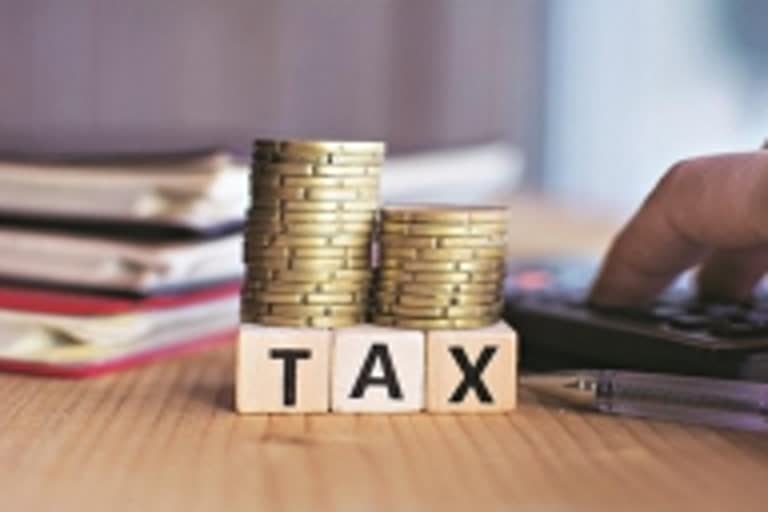New Delhi: A fund-starved government will be better off looking at increased collections fuelled by an economic recovery and improved technology driven enforcement rather than through the introduction of new taxes, a KPMG survey showed on Wednesday.
According to the pre-budget survey 2021-22, only 2 per cent of the respondents feel that raising taxes would be the solution to mobilise additional revenue for the government that sees an increase in its expenditure due to the pandemic.
A majority (20 per cent) held that the Government's revenue needs can be met through increased collections fuelled by an economic recovery as well as improved technology driven enforcement (49 per cent).
The KPMG survey conducted in January 2021 has tried to capture the expectations of all important stakeholders on various tax aspects of the budget. In all, 250 respondents across sectors participated in the survey.
Despite the expectation that government may not raise taxes, the survey has brought out that a smaller number of respondents (29 per cent) expect that a new Covid-19 cess may be imposed in the Budget.
When it came to some of the measures the government could adopt to provide relief to the salaried class, some respondents (74 per cent) felt that an enhancement in the standard deduction on salary income from the existing Rs 50,000 should be considered.
As to what the government could do more to help resolve disputes, a whopping (77 per cent) of respondents felt that a mediation scheme should be introduced in the Budget to enable negotiated settlements of tax disputes.
As many as 38 per cent respondents felt that the Advanced Pricing Agreement (APA) programme had been effective in pre-empting/resolving key transfer pricing controversies. About 40 per cent respondents felt that the introduction of the General Anti-Avoidance Rules (GAAR) and the implementation of the Multilateral Instrument (MLI) could lead to increase in tax disputes.
Given the financial impact of the pandemic, a majority of respondents (47 per cent) expect an increase in the deduction with respect to provisions made towards Non-Performing Assets (NPA) by banks and NBFCs. This would provide much needed relief to the banks and NBFCs, who are bracing for increased delinquencies, on account of the pandemic.
A total of 43 per cent respondents felt that a specific carve out for unlisted shares and securities from tax collected at source (TCS) was also warranted.
Asked if respondents felt that the Goods and Services Tax (GST) regime was getting simplified over the last three years, the response was divided. While 45.97 per cent believed that it was simplified, 41.71 believed otherwise. This could be due to multiple reasons such as various notifications, circulars being issued on a regular basis, number of increased compliances for multiple registrations, stringent provisions for credits availment which, in turn, leads to additional costs and time investments in the business.
Nearly two-thirds respondents (62 per cent) were comfortable with the digital compliance system introduced for GST. A large percentage of respondents (64 per cent) believe that CBIC should introduce customs assisted assessment for Micro, Small and Medium Enterprises (MSMEs).
Lastly, in line with the need to provide a level playing field to provide a level playing fields for Indian companies to access overseas capital markets and facilitate a better valuation for equity shares, 70 per cent respondents said that the government should announce provisions to facilitate a regime for direct overseas listing of Indian companies.
Commenting on the findings of the survey, Sunil Badala, Partner and Head, Financial Services- Tax, KPMG in India, said: "Our Pre-Budget Survey indicates that relief for the salaried class by way of an enhancement in the standard deduction on salary income from existing limit of Rs 50,000 is highly awaited. Corporates are also hopeful that dispute resolution will continue to be a priority for the Government; and that negotiated settlements of tax disputes will be enabled. Overall, we notice that the respondents do not expect introduction of any new taxes including Covid-19 cess."
(IANS)
Read more: Infosys recognised as the fastest growing top 10 IT services brand



